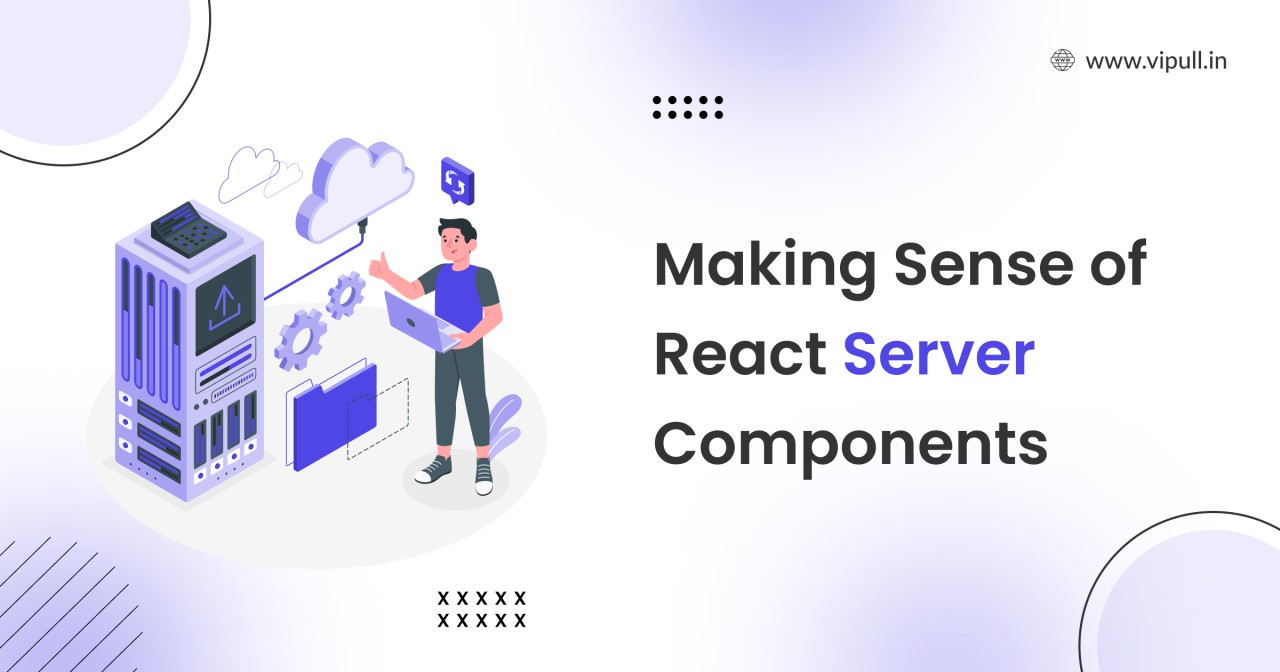
Building Scalable APIs with Node.js and Express
In today’s software ecosystem, APIs (Application Programming Interfaces) are the backbone of modern applications. They enable communication between frontend clients, backend services, and third-party platforms. As businesses grow, ensuring APIs are scalable and secure becomes critical.
Why Scalability Matters
A scalable API can handle increased loads without breaking. Whether it’s thousands of new users or high traffic spikes, your API should remain reliable.
Best Practices for Building Scalable APIs
- Use Middleware for Validation: Validate incoming requests using libraries like
express-validatororjoibefore hitting your business logic. - JWT-based Authentication: Secure your routes using JSON Web Tokens (JWTs) to ensure only authorized users can access specific endpoints.
- Rate Limiting: Implement tools like
express-rate-limitor API gateways to prevent abuse and DDoS attacks. - Error Handling: Standardize error responses (e.g., with an error middleware) so clients can gracefully handle failures.
- Logging & Monitoring: Use
winston,morgan, or centralized logging with ELK/Datadog to track API performance. - Database Optimization: Use indexing, caching (Redis), and connection pooling for faster responses.
- API Versioning: Always version your APIs (v1, v2) to avoid breaking changes for existing users.
Example Code Snippet
import express from 'express';
import rateLimit from 'express-rate-limit';
import jwt from 'jsonwebtoken';
const app = express();
// Rate limiting middleware
const limiter = rateLimit({
windowMs: 15 * 60 * 1000, // 15 minutes
max: 100,
message: "Too many requests from this IP, try again later."
});
app.use(limiter);
// Example protected route
app.get('/api/protected', (req, res) => {
const token = req.headers['authorization'];
if (!token) return res.status(401).json({ error: 'Unauthorized' });
jwt.verify(token, process.env.JWT_SECRET, (err, decoded) => {
if (err) return res.status(403).json({ error: 'Invalid token' });
res.json({ message: 'Welcome to protected data!', user: decoded });
});
});
app.listen(5000, () => console.log('API running on port 5000'));
Conclusion
By following these practices, you can ensure your Node.js APIs remain secure, scalable, and maintainable. Remember: small optimizations today prevent big problems tomorrow.
✨ Tags
About Alex Thompson
Alex is a backend engineer with 6+ years of Node.js experience specializing in high-performance APIs and microservices.


